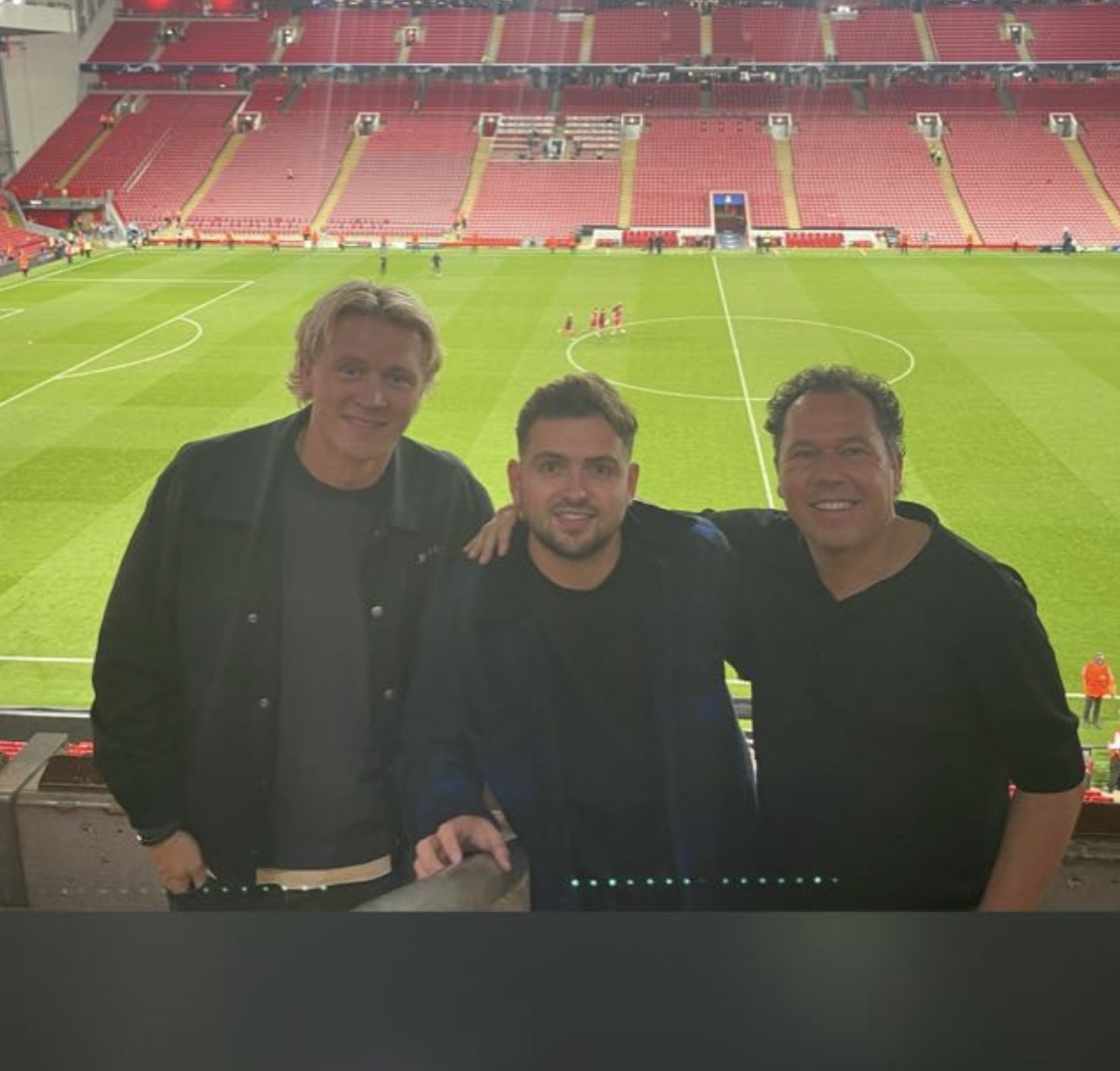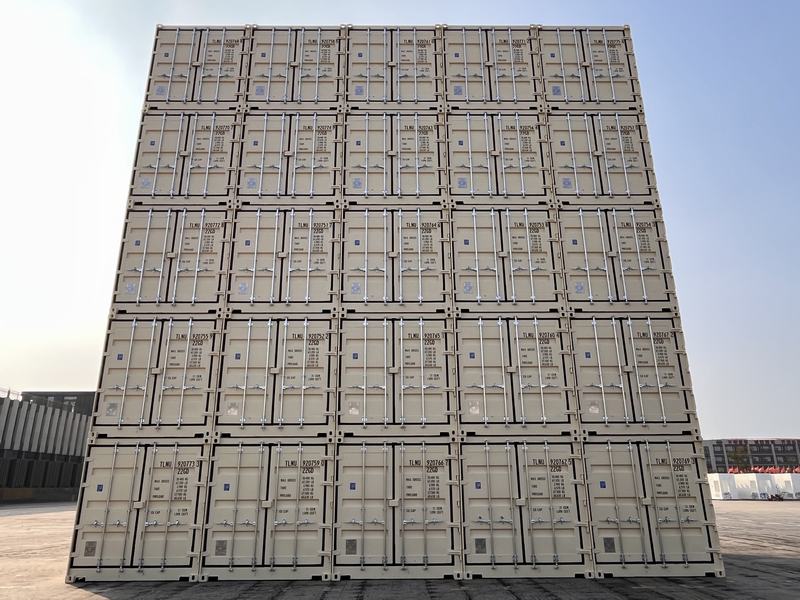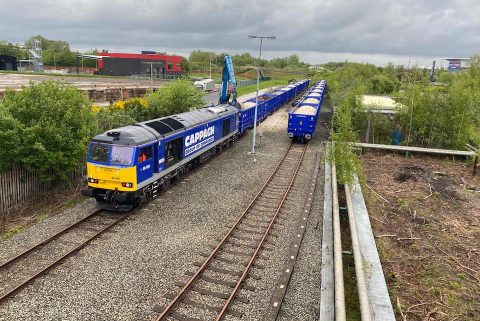The mysterious world of container leasing

The container industry is something that remains largely unknown, yet it is a significant part of our lives in a more-than-ever globalised world. What are the differences between leasing containers for rail transportation or for ocean shipping? How does it all work? Rogier Vervoort, owner and managing director of Dutch Containers Merchants (DCM), a family-owned container leasing and trading company from the Netherlands, shed some light on this somehow mysterious world.
Leasing containers for the railway industry is mainly one-way leases for services from China to Europe and vice versa. On the other hand, leasing through shipping lines includes one-way leases, master leases, and long-term leases. This difference, as Vervoort said, is due to geographical and volume factors. “Shipping services are global, while, for us, railway ones only concern China-Europe routes. Moreover, the capacity on vessels worldwide is much higher than the one available on the railways”, he added. Vervoort explained that “due to the master lease and long-term lease structures for agreements with the shipping lines the contracts are slightly easier as these contracts are usually made for a longer period of time and for a higher quantitiy of containers. For the railway business the bookings are in general much smaller and we have to work out a few more agreements compared to the shipping industry”.
One similarity between the two industries is that container leasing rates are mainly influenced by the law of supply and demand. “Supply and demand depend on consumer requirements and global economics. Sometimes there are seasonal fluctuations, like Christmas”, Vervoort continued. As Vervoort underlined, it is sometimes easier to collaborate with smaller entities rather than big companies. “I think we have to be a bit careful here not to generalize too much, but normally smaller companies have a somewhat easier and faster decision-making process”, he stated. Usually, smaller players tend to move faster, whereas for big fish there are several layers and steps that need to be taken before a final decision is made.

Pre-deals vs speculation deals
DCM main business can be divided into two categories: pre-deals and speculation deals, as Vervoort defines them. “In a pre-deal, a customer shows interest in a certain type and quantity of containers that he can plan and organize well in advance”. In other words, companies that already know which containers and how many they need can place an order in advance, which translates into secure revenue for leasing companies such as DCM. Speculation deals, on the other hand, are a bit more risky. “They are made based on market information without having fixed deals in place with the customers at the moment the containers are being produced”, Vervoort specified.
When it comes to DCM’s leasing business unit, 70 per cent of the containers are the traditional 20 and 40-foot standard and 40-foot high cube containers, while the remaining 30 per cent are open-top, flat-rack, and reefer containers. “On the trading side it is roughly 50-50 on the standard containers and the special containers”, Vervoort added, specifying that the main special containers are the 20-foot open side door containers and the 20-foot high cube containers. “We also regularly have smaller requirements for other special equipment such as hard top containers, controlled atmosphere reefer containers, 4-foot and 8-foot containers”, he concluded.
Dutch Containers Merchants
Founded by the Abels family in 2019, Dutch Container Merchants should have remained a “small family business company primarily focussed on container leasing and trading in Northern Europe”. However, things started going well quite fast during the COVID-19 pandemic, and the company decided to seize the opportunity, expanding in Europe, Asia, and the US. DCM’s current main activities entail providing containers to China’s main ports so that companies there can use them to move goods, primarily to Europe and the US. “Shipments from China to Europe are both by rail and vessel, while the USA is of course only by vessel operation”, Vervoort clarified. Despite the growth, the company remains a “family-and-friends-owned company”, with only 16 employees.

According to Vervoort, this mindset positioned DCM in market void that needed to be filled. “Most of the competitors are either extremely large companies that are holding several millions of containers in their fleet, while others are much smaller than DCM and they focus more on the domestic end-user market”, Vervoort pointed out. DCM can count on a team that is still small enough “to make fast and transparent business decisions, providing personal customer contact instead of an overkill on digitalization”. The growth mentioned by Vervoort does not seem to be reaching a stopping point yet. “We are planning to open our own offices in Asia, the Middle East, and in the US in the coming years”, he revealed “so we can expand our activities and at the same time offer an even higher service level to our customers”.





